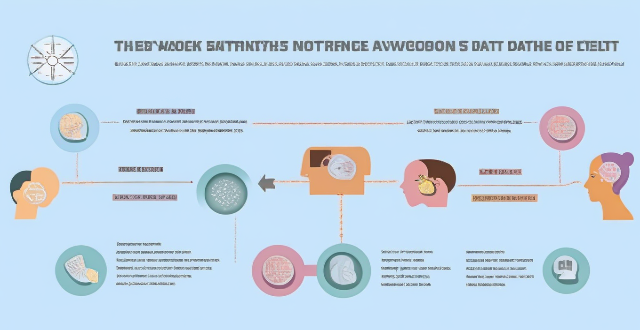Vaccines work by triggering an immune response that teaches the body how to fight off a virus. COVID-19 vaccines provide strong protection against severe illness and hospitalization, but it is still possible to contract the virus after being vaccinated. Immunity wanes over time, so booster shots are recommended to maintain protection. It is important to continue following safety measures such as wearing masks and social distancing to reduce the risk of infection.

How long does immunity last after getting vaccinated against COVID-19?
Immunity is the body's natural defense against infection. It can be acquired through vaccination or exposure to a disease. Vaccines work by introducing small amounts of weakened or dead viruses into the body, which triggers an immune response and teaches the body how to fight off the virus if it encounters it in the future.
The length of immunity varies depending on the type of vaccine and the individual's immune system. For example, vaccines for measles, mumps, and rubella usually provide lifelong immunity, while vaccines for influenza only provide protection for a few years.
COVID-19 vaccines have been shown to provide strong protection against severe illness and hospitalization from the virus. However, it is still possible to contract the virus even after being fully vaccinated. This is because the vaccines do not prevent all mutations of the virus, and some people may become infected with a variant that is not covered by their vaccine.
In addition, immunity wanes over time, so it is important to get booster shots to maintain protection. The Centers for Disease Control and Prevention (CDC) recommends that everyone who received the Pfizer-BioNTech or Moderna COVID-19 vaccines receive a booster shot at least six months after their second dose.
Overall, getting vaccinated against COVID-19 provides strong protection against severe illness and hospitalization, but it is important to continue following safety measures such as wearing masks and social distancing to reduce the risk of infection.